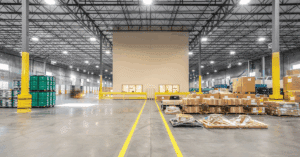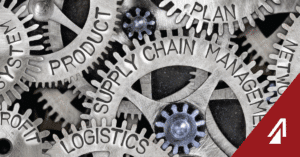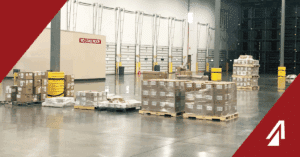The global trade environment is once again navigating the complexities of tariffs and trade policy shifts. With the incoming U.S. administration signaling potential changes in tariff structures, businesses are considering frontloading as a strategy to mitigate costs. While frontloading can provide short-term relief from impending tariffs, it also brings logistical challenges and financial risks.
Understanding Frontloading
Frontloading is the practice of importing goods ahead of anticipated tariff increases or regulatory changes. By accelerating shipments, companies aim to avoid the added costs that new tariffs would impose. This strategy can be particularly beneficial for industries reliant on price-sensitive goods or products with long production cycles. However, frontloading requires careful planning to balance immediate savings with longer-term supply chain considerations.The Current Tariff Landscape
Under the new U.S. administration, trade policies are under review, with the potential for changes to existing tariffs on goods from key trading partners. For instance, proposed tariffs on certain imports, including industrial equipment and consumer electronics, have prompted businesses to reassess their sourcing and inventory strategies. Integrating economic policy with national security concerns has added another layer of complexity, making it crucial for companies to monitor developments closely.Challenges of Frontloading
While frontloading can help businesses avoid higher costs, it also creates unique challenges:- Port Congestion: Accelerated shipments can overwhelm port infrastructure, leading to delays and increased demurrage fees.
- Warehouse Capacity: Storing large volumes of inventory requires significant warehouse space, which may be limited during peak periods.
- Cash Flow Strain: Upfront investments in inventory can strain cash flow, particularly for small and medium-sized businesses.
- Demand Forecasting Risks: Overloading inventory without clear demand signals can result in excess stock, tying up resources and increasing holding costs.
Best Practices for Frontloading
To navigate these challenges, businesses should consider the following strategies:- Leverage Data for Demand Forecasting
- Use Advanced Analytics to predict demand patterns and determine optimal stock levels. Accurate forecasting can help companies to avoid overstocking while still maintaining adequate inventory.
- Diversify Supply Chain Networks
- By Spreading Sourcing across multiple regions, companies can mitigate risks associated with concentrated imports and reduce reliance on a single trade lane.
- Collaborate with Logistics Partners
- Work Closely with freight forwarders and 3PL providers to secure capacity and manage shipments efficiently. Early communication is key to avoiding bottlenecks.
- Optimize Warehousing Solutions
- Consider Flexible Warehousing options, such as on-demand storage or shared warehouse space, to accommodate temporary increases in inventory.
- Monitor Policy Developments
- Stay Informed about tariff policies and trade negotiations. Engage with trade associations and industry groups to access timely updates and advocate for favorable outcomes.
Balancing Risks and Opportunities
Frontloading is not a one-size-fits-all solution. While it can shield businesses from immediate tariff increases, the associated risks require a thoughtful approach. Companies must evaluate their financial capacity, supply chain resilience, and market demand before committing to this strategy. In the current tariff climate, agility and preparedness are essential. Businesses that integrate frontloading into a broader risk management strategy will be better positioned to navigate uncertainties and maintain a competitive edge.Final Thoughts
Proactive measures like frontloading can help businesses safeguard their operations as trade policies evolve. By combining strategic planning with robust logistics partnerships, companies can minimize disruptions and capitalize on opportunities in an ever-changing trade landscape. Reach out to ProTrans today to discuss the best options for taking a holistic approach to planning your logistics needs and building more flexibility into your supply chain through collaborative efforts that provide visibility, planning, data integration, and connectivity.About ProTrans International
ProTrans specializes in reliable Inbound to Manufacturing integrated with end-to-end, cross-border solutions to, from, and within North America. Backed by innovative, best-in-class service, we focus on engineering high-quality, lower-cost solutions enabled by our global team of experts, in-house Transportation Management System (TMS), and providing visibility of all shipments. Our solutions include Cross Border Consolidation, Supply Chain Management, Third-Party Logistics (3PL), Dedicated Transportation, Global Forwarding, Expedites, and Value-Added Services (Warehousing, Customs Brokerage).



